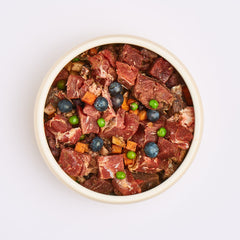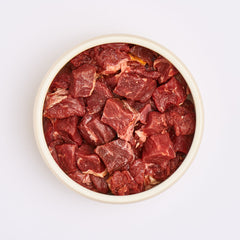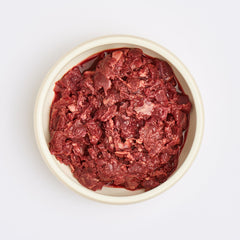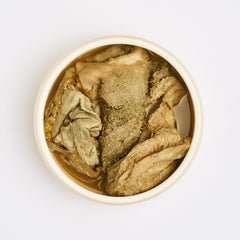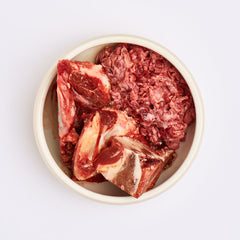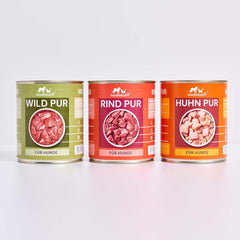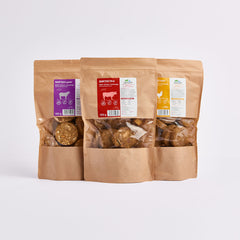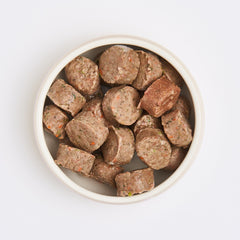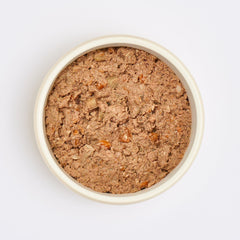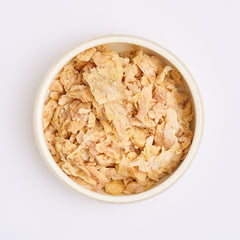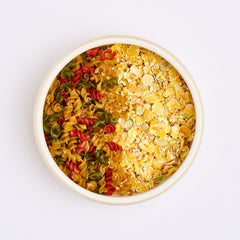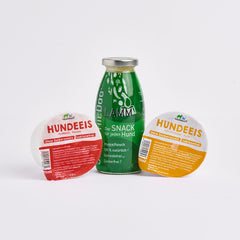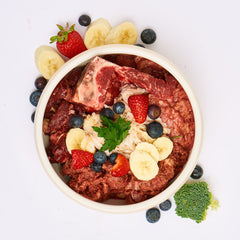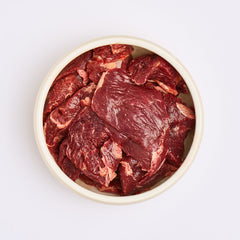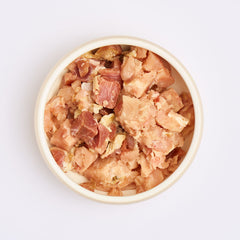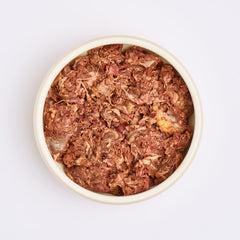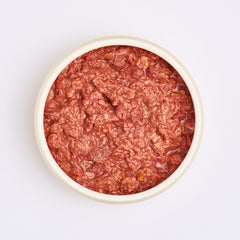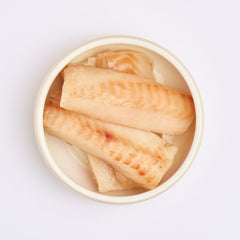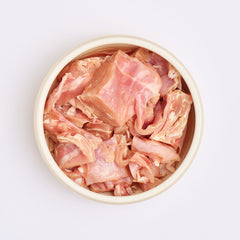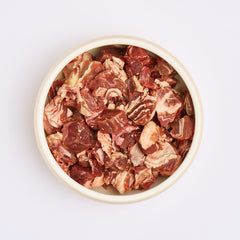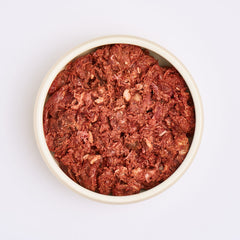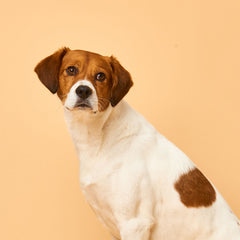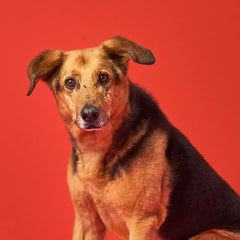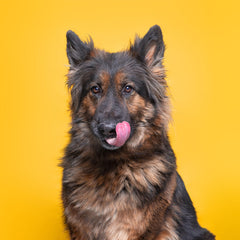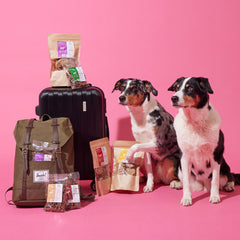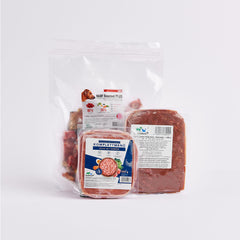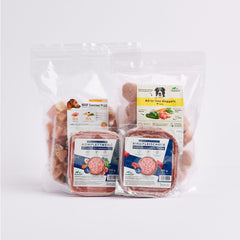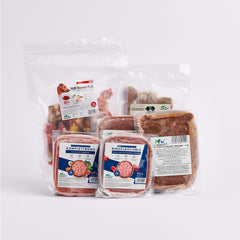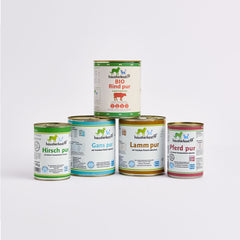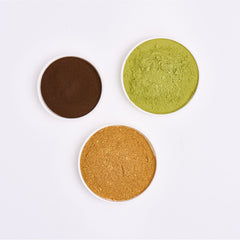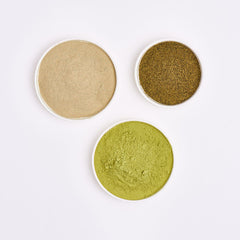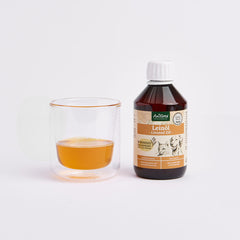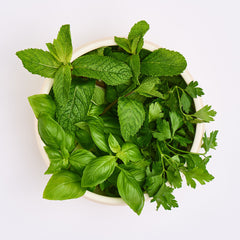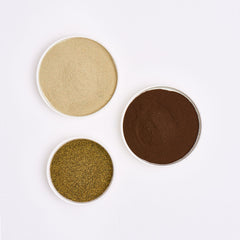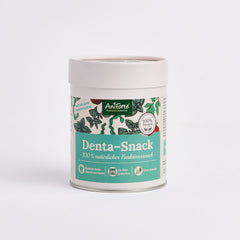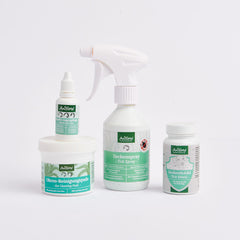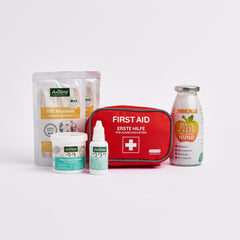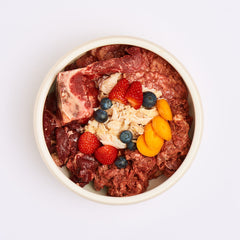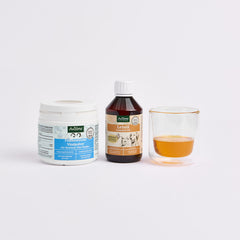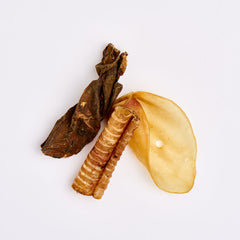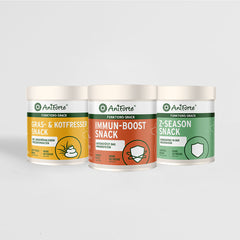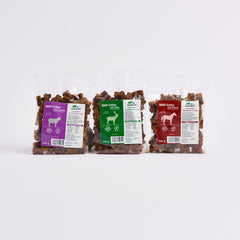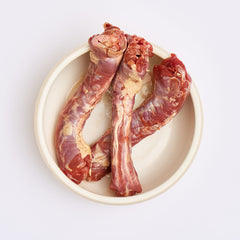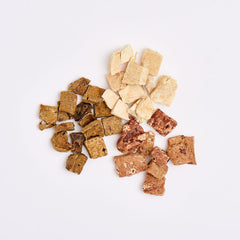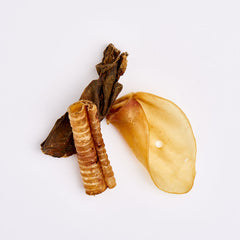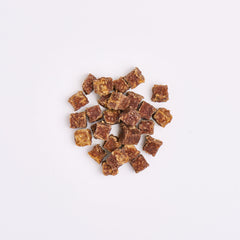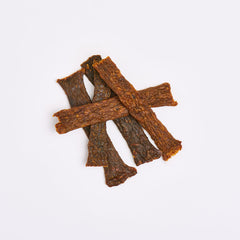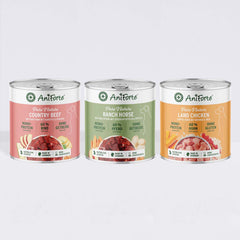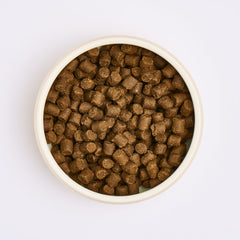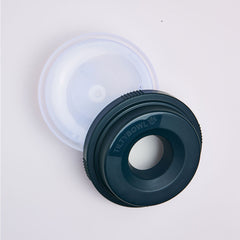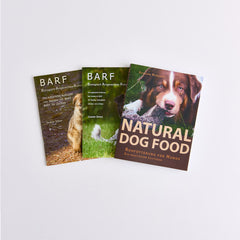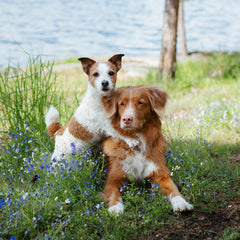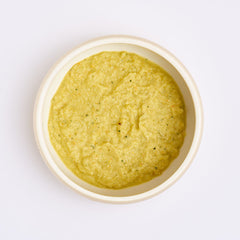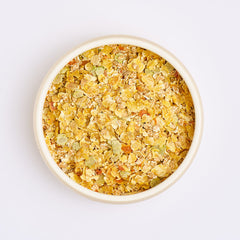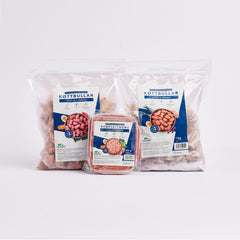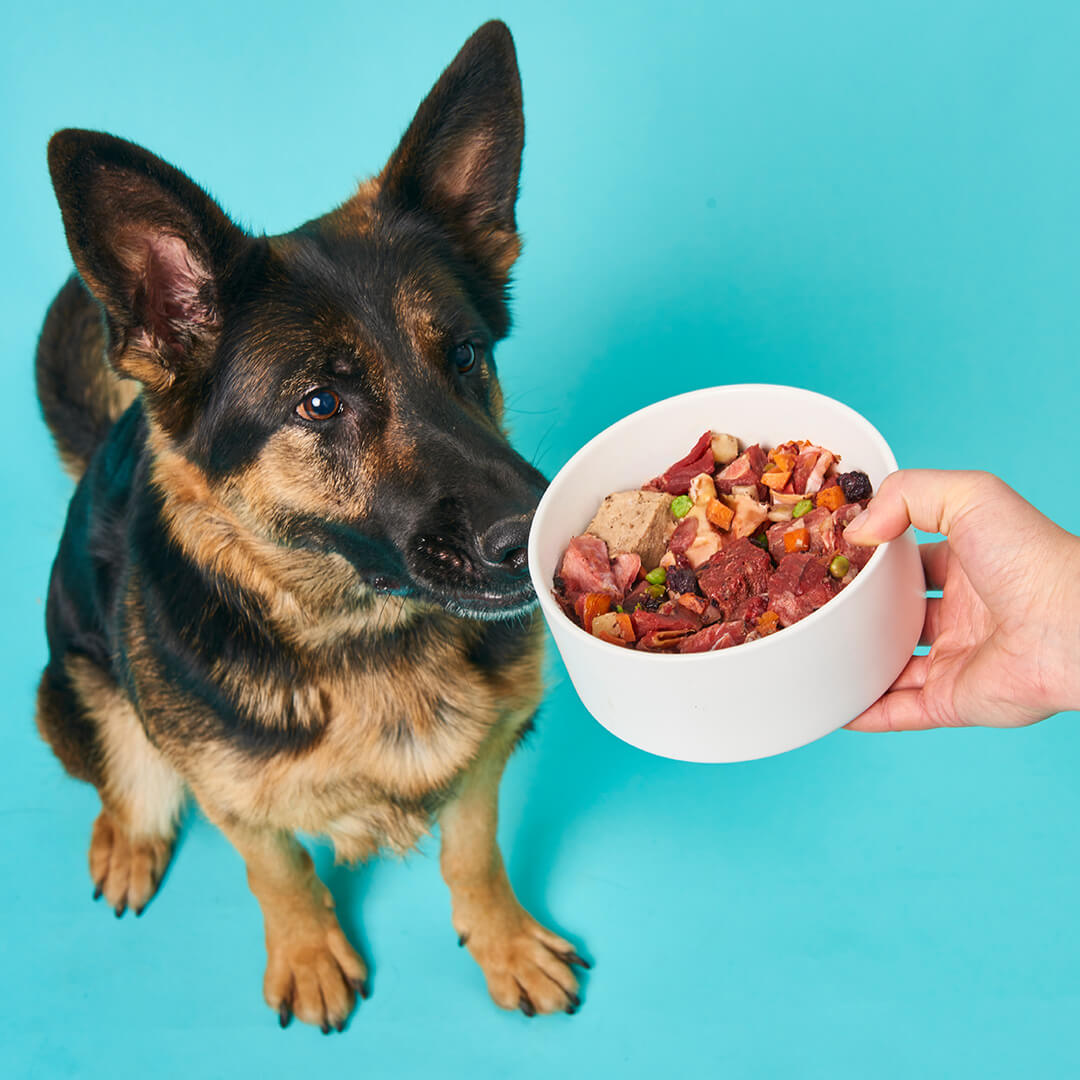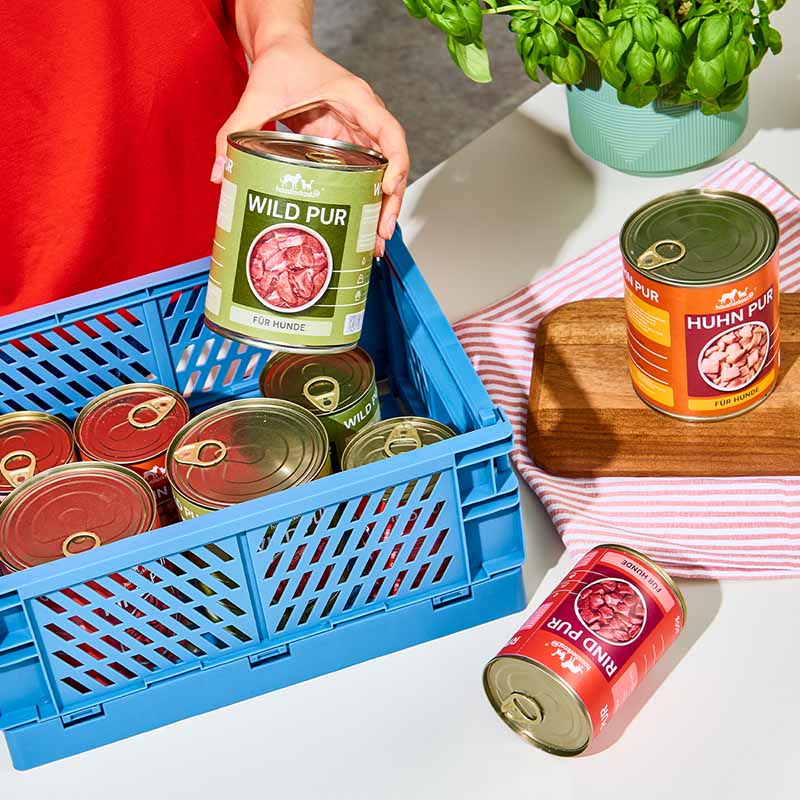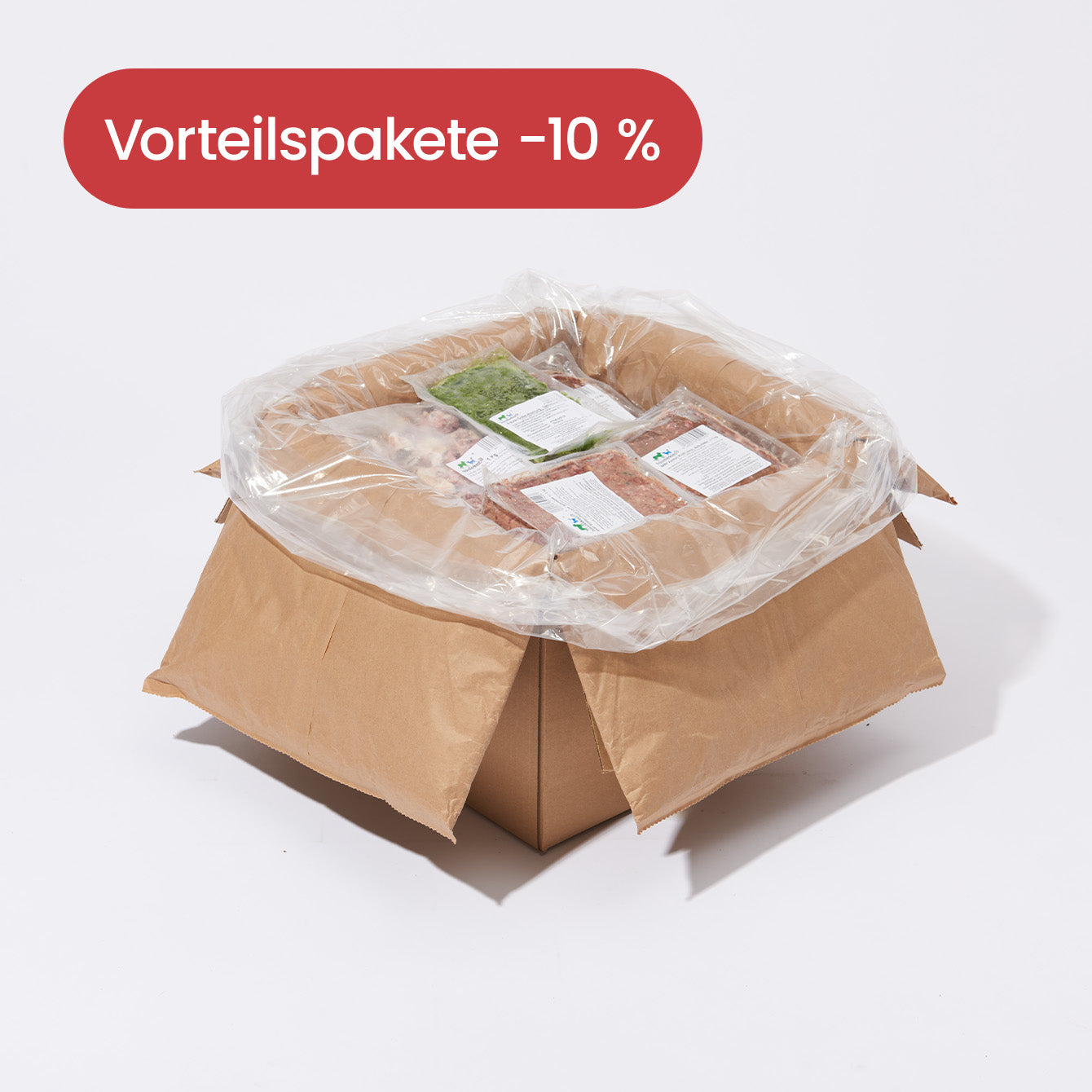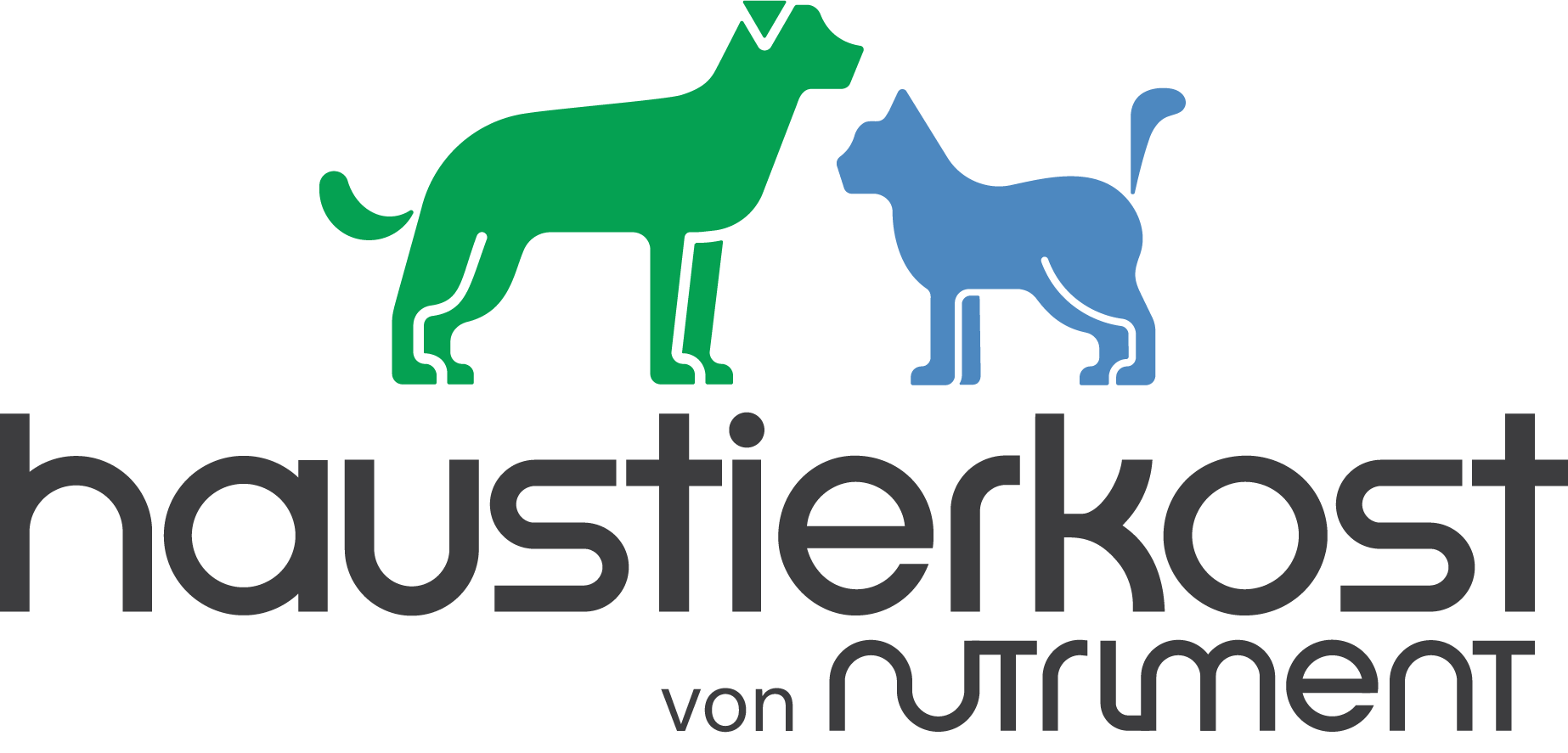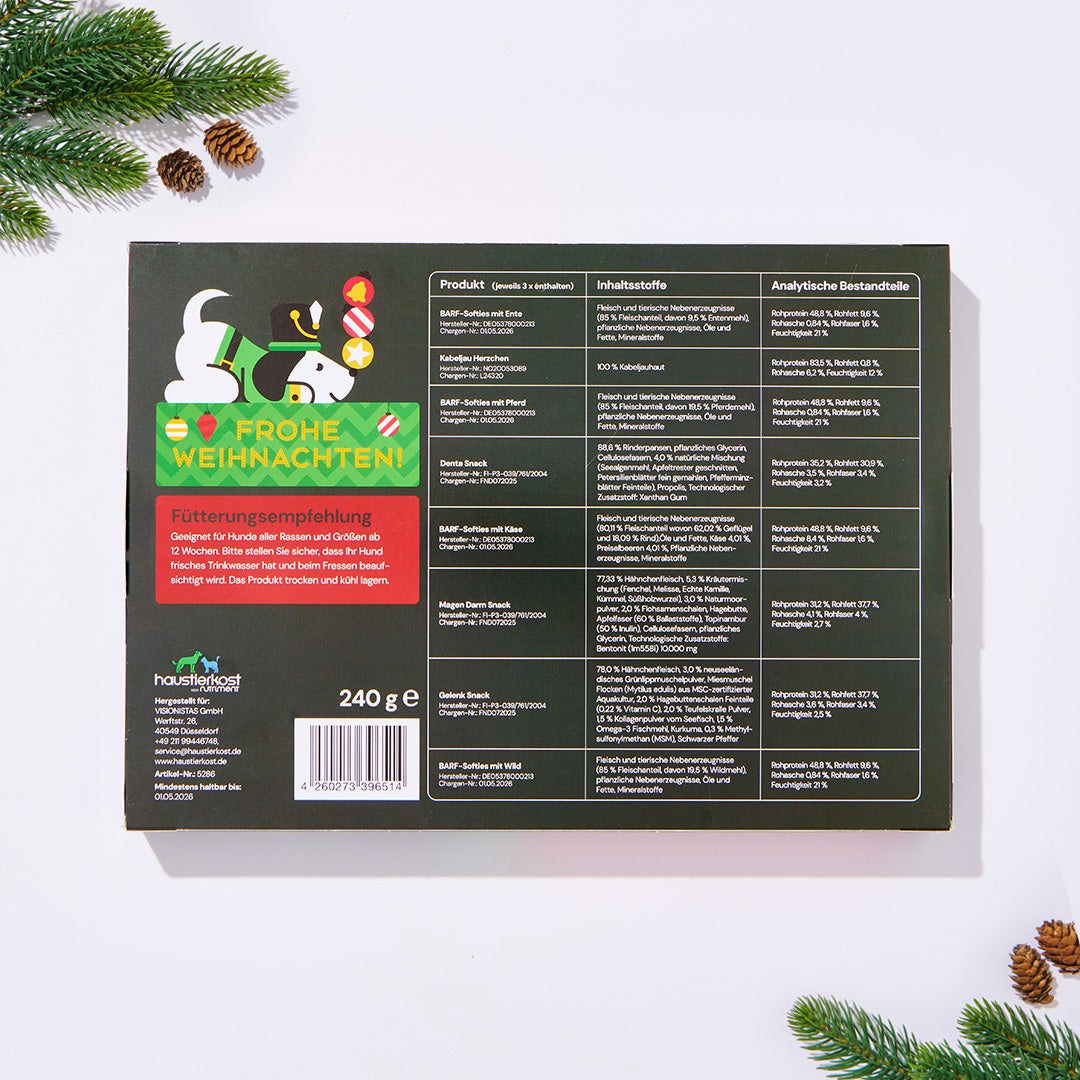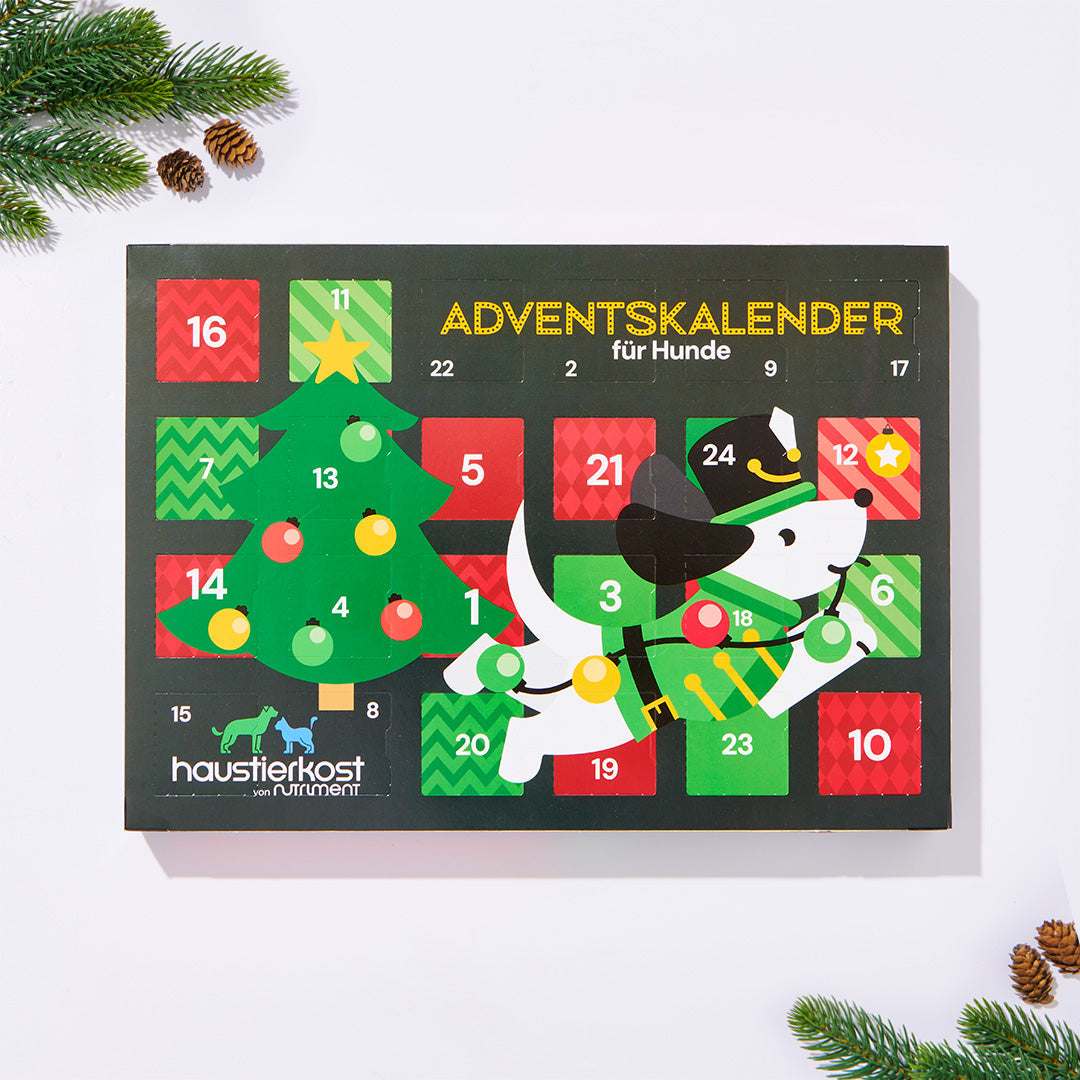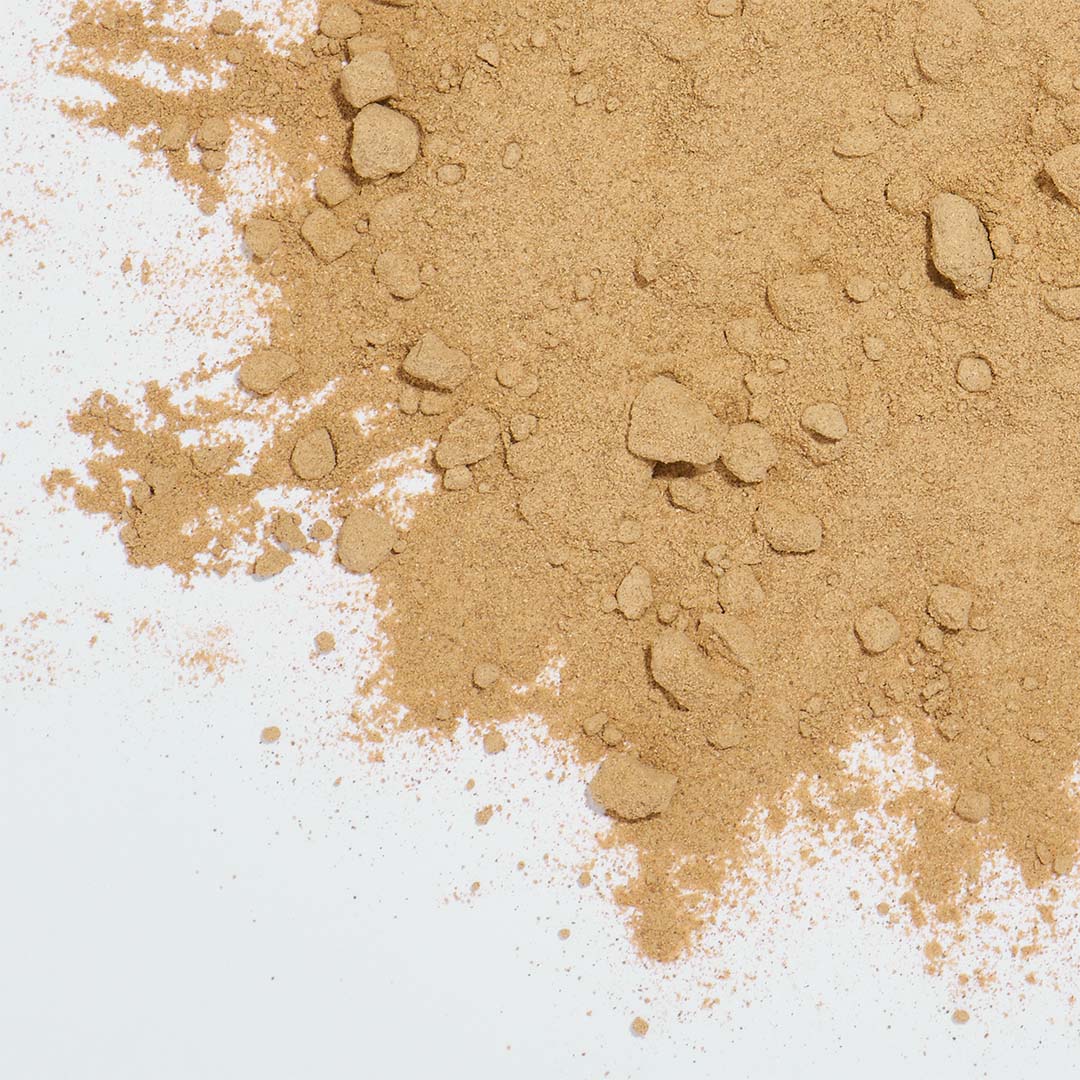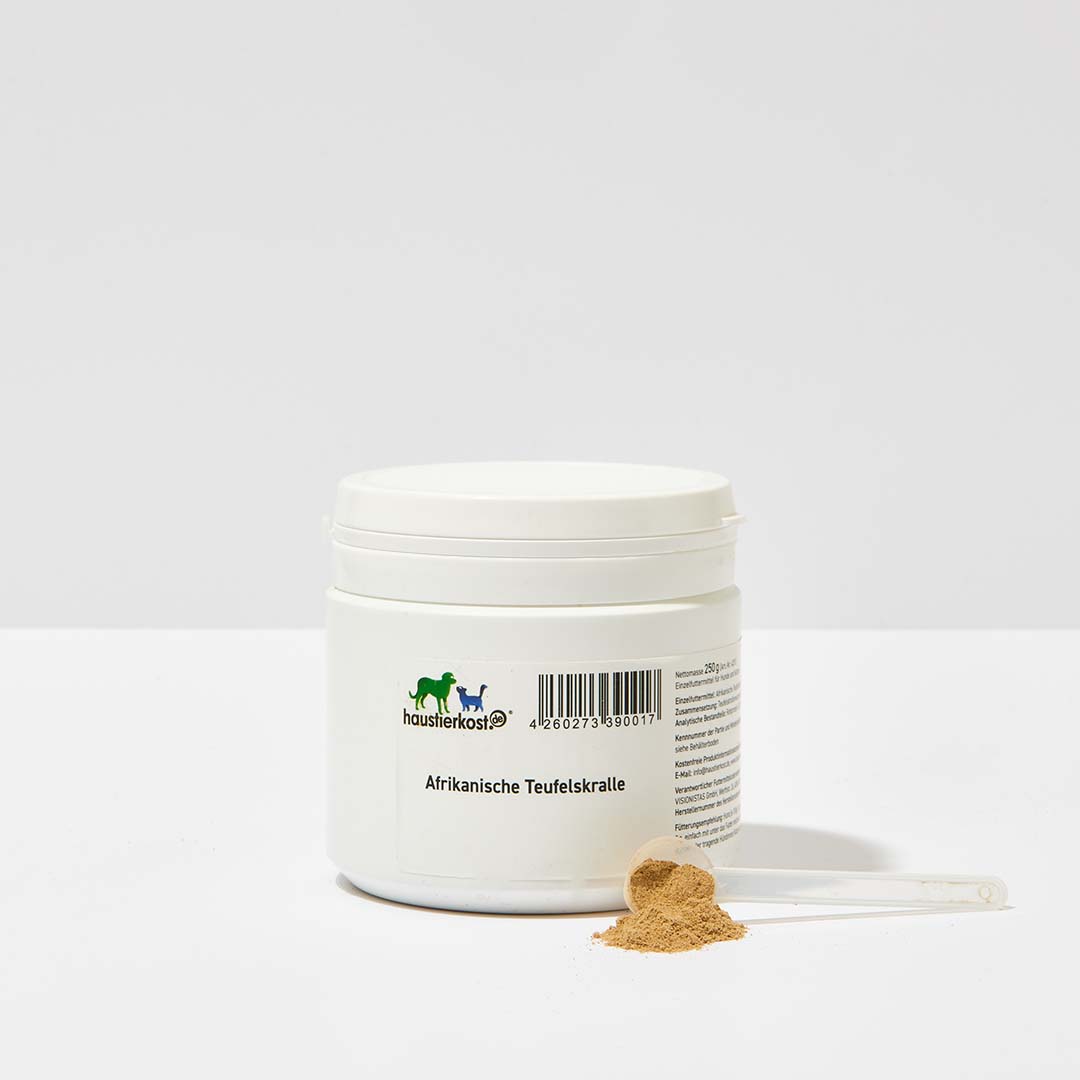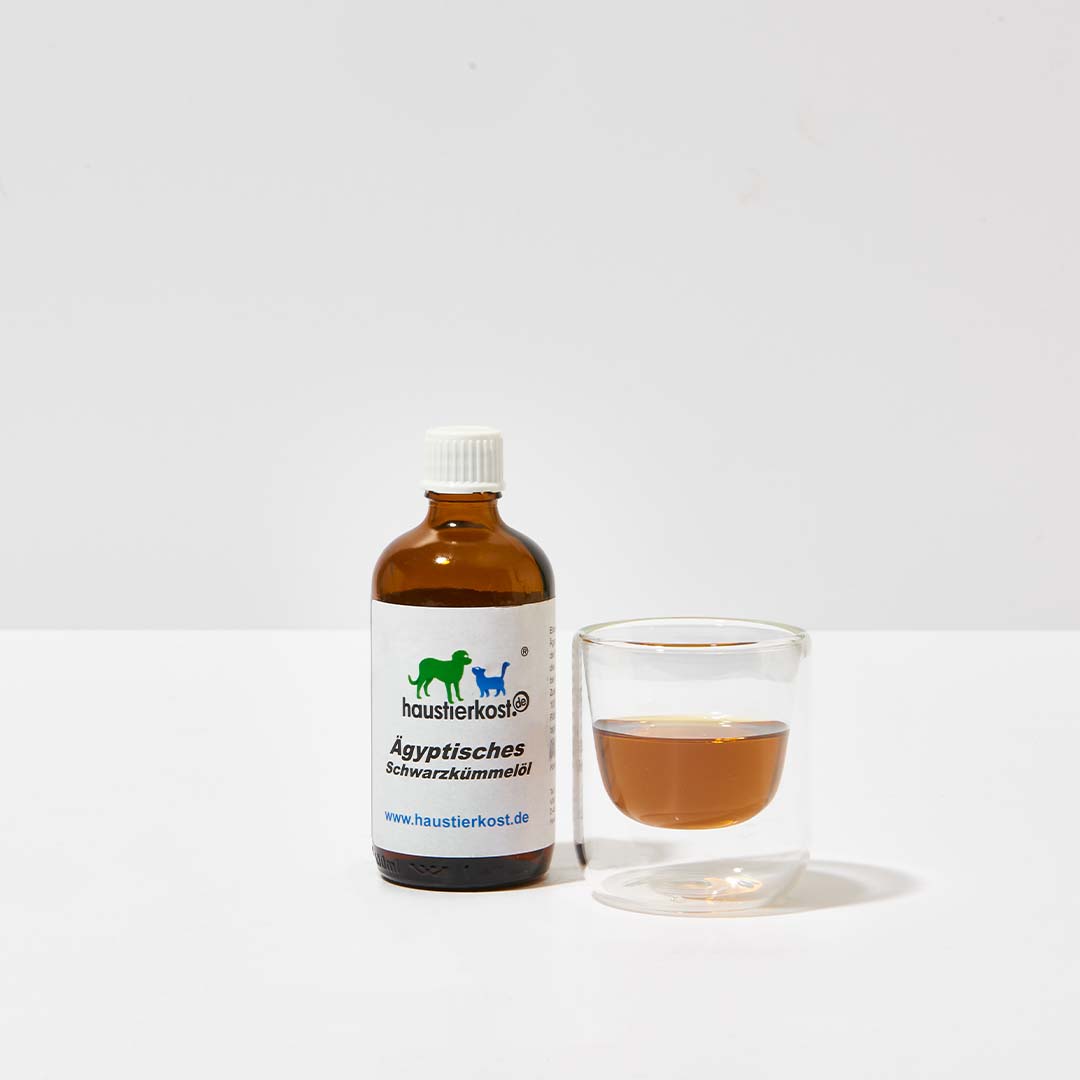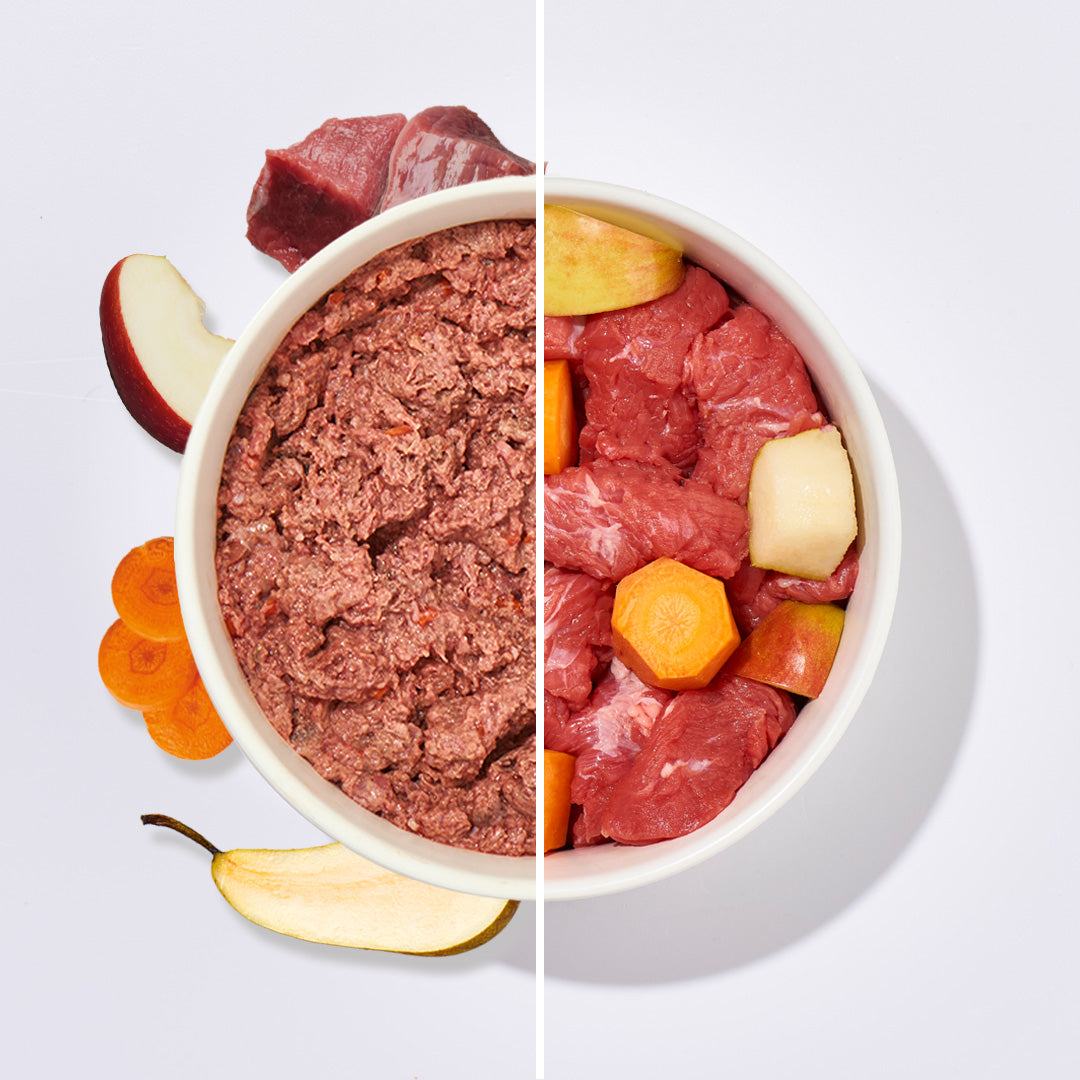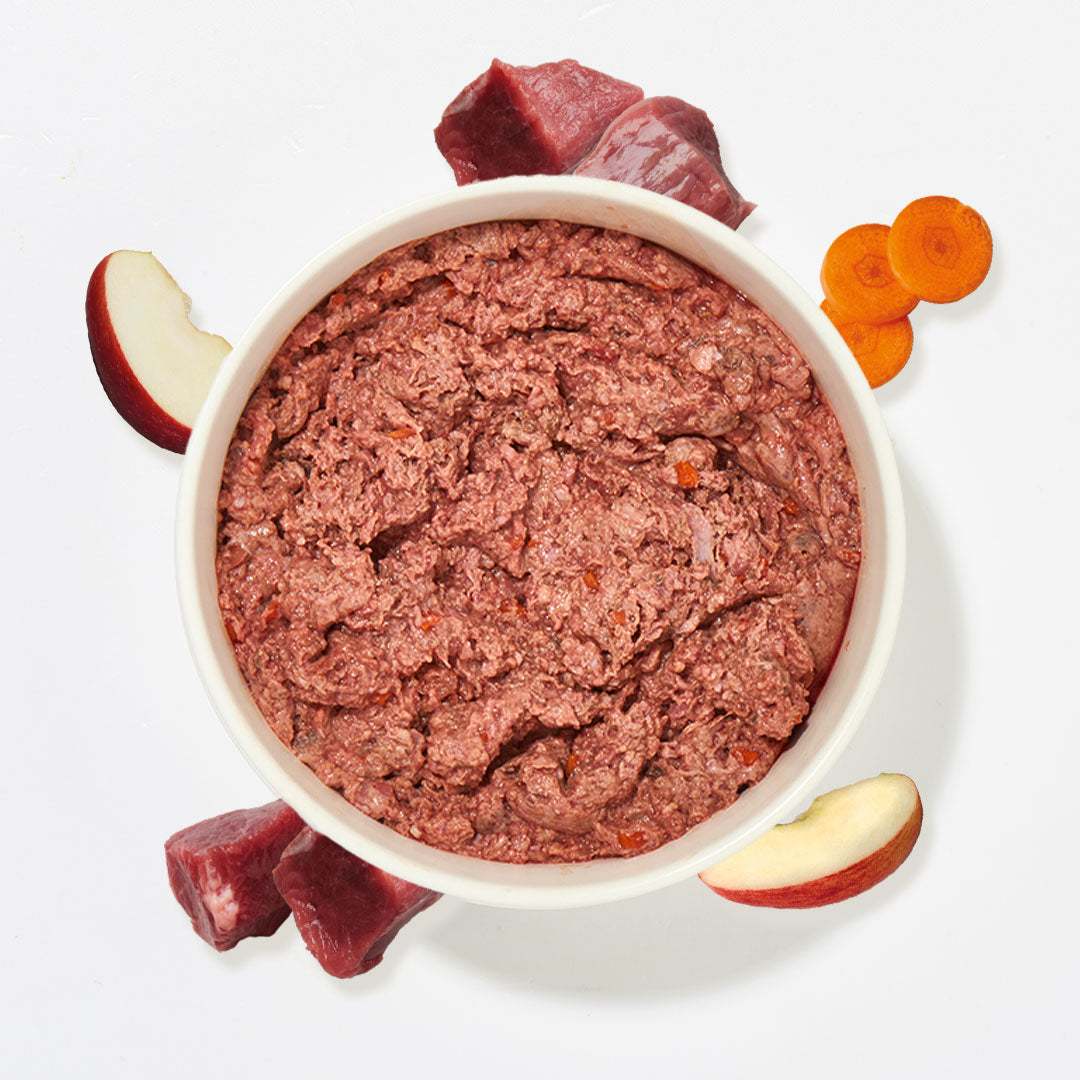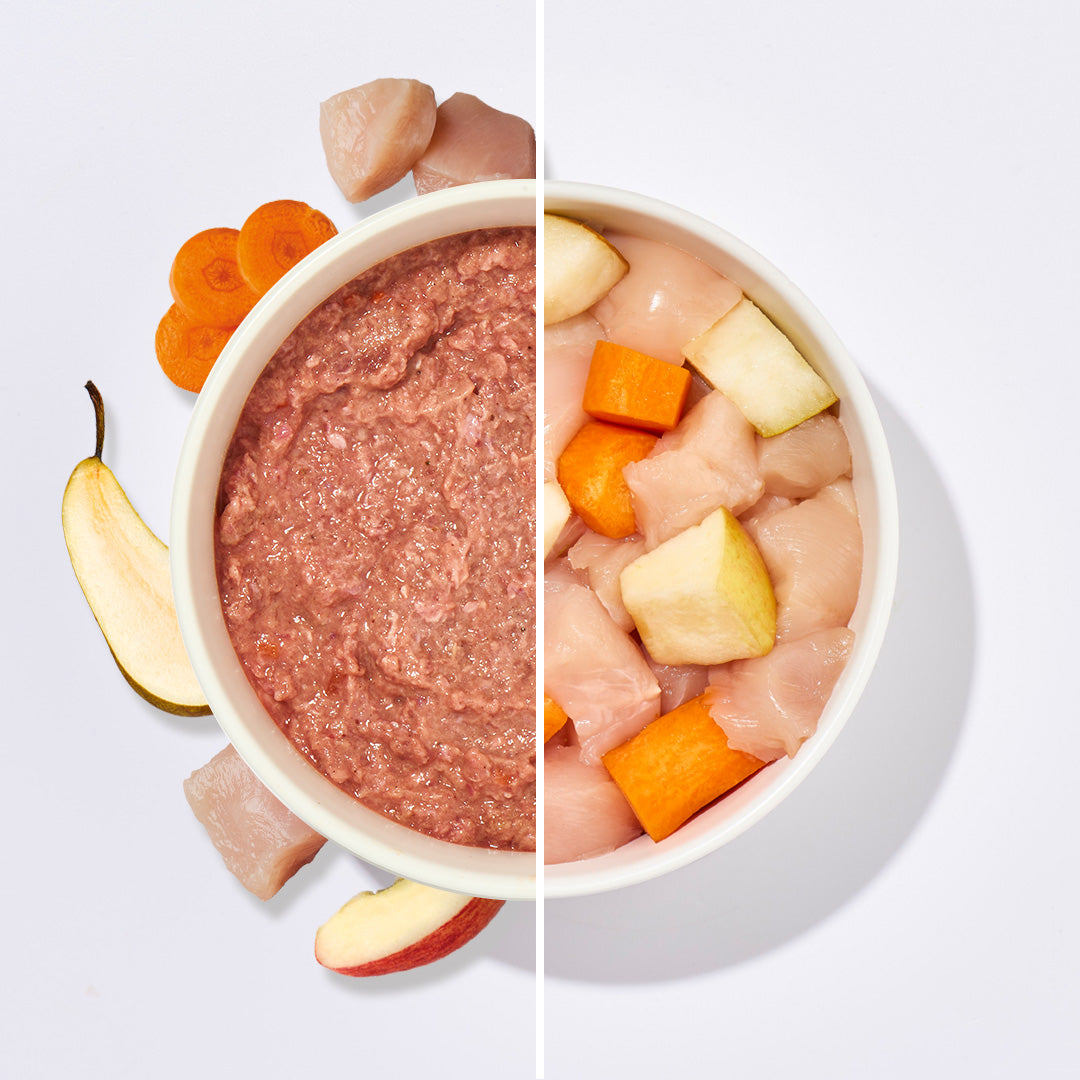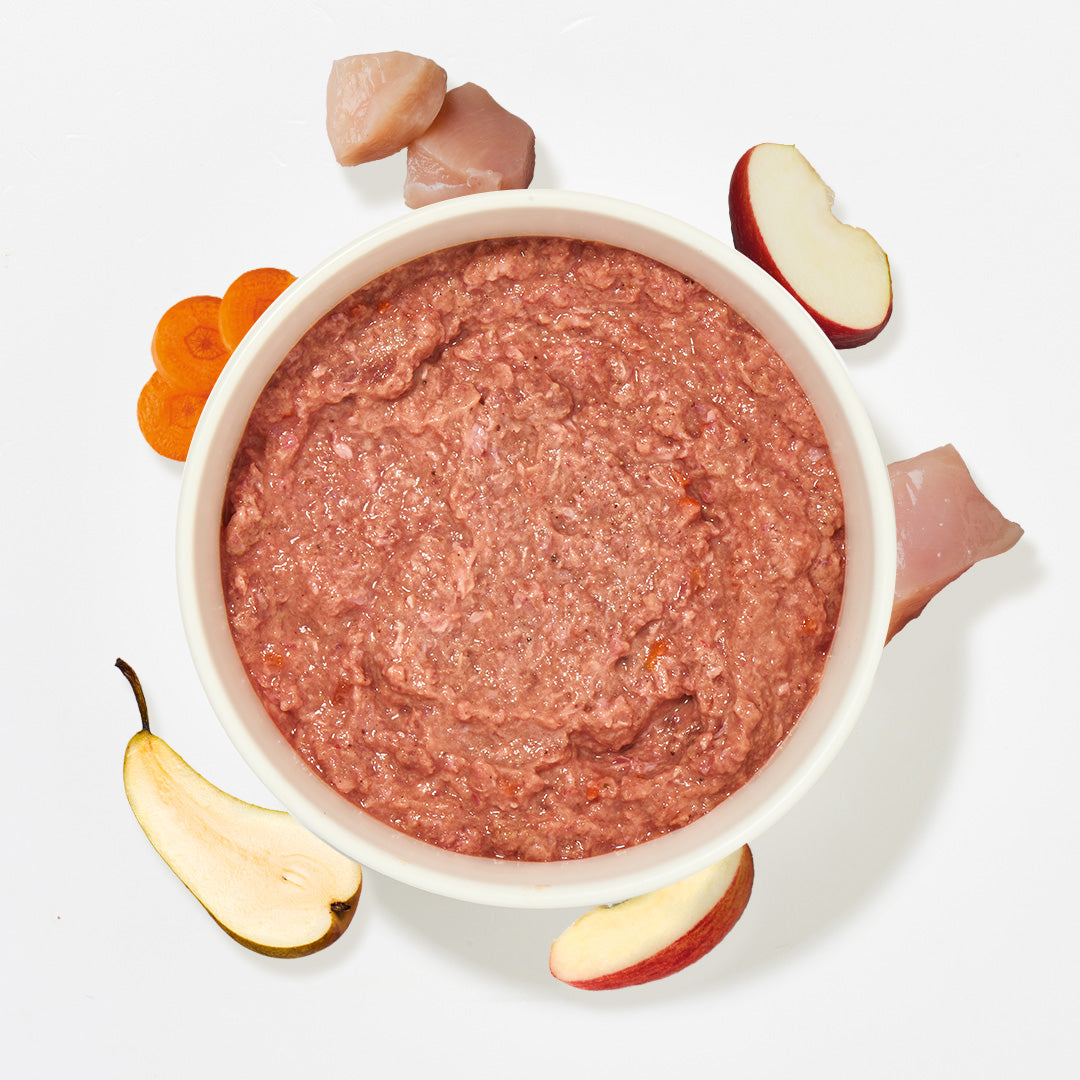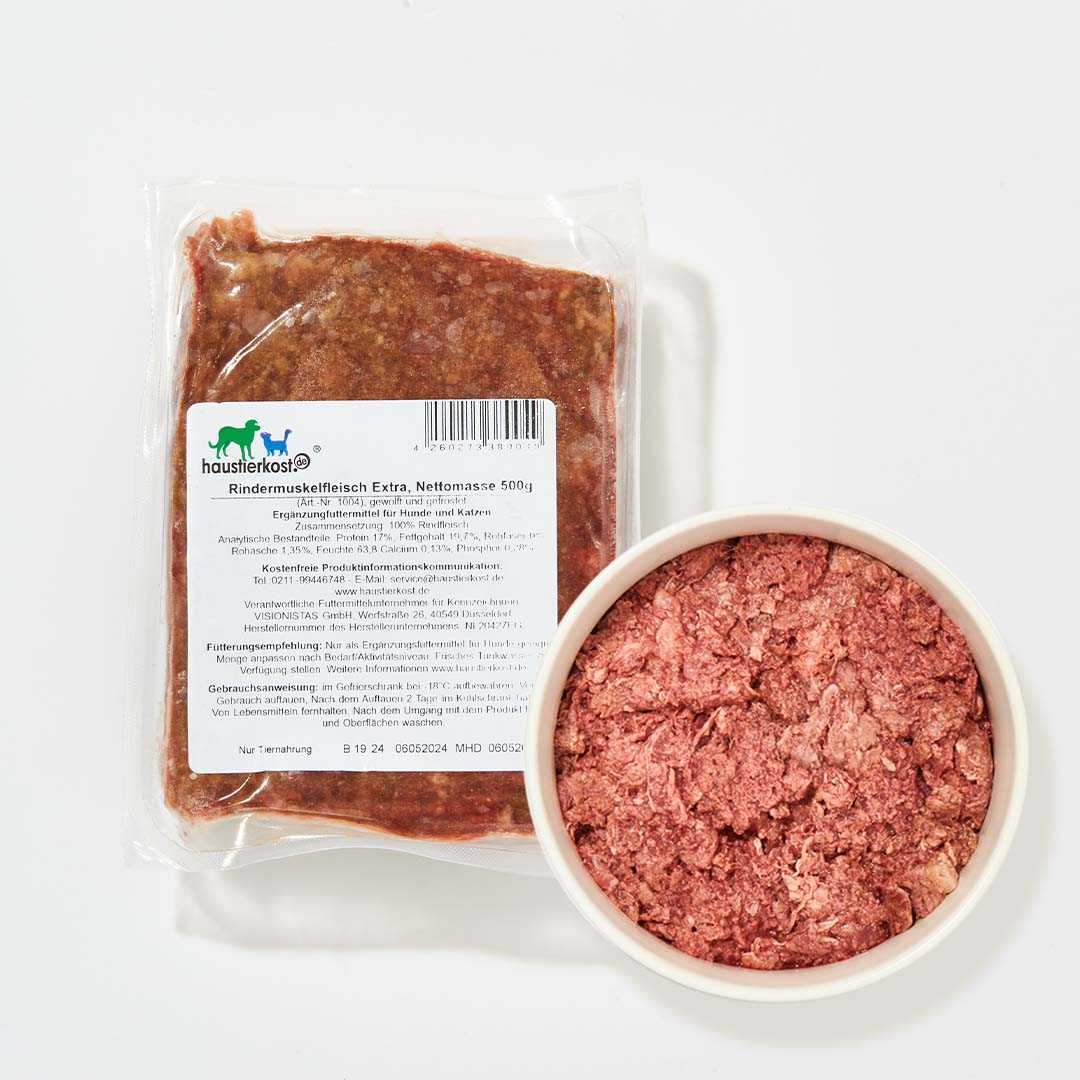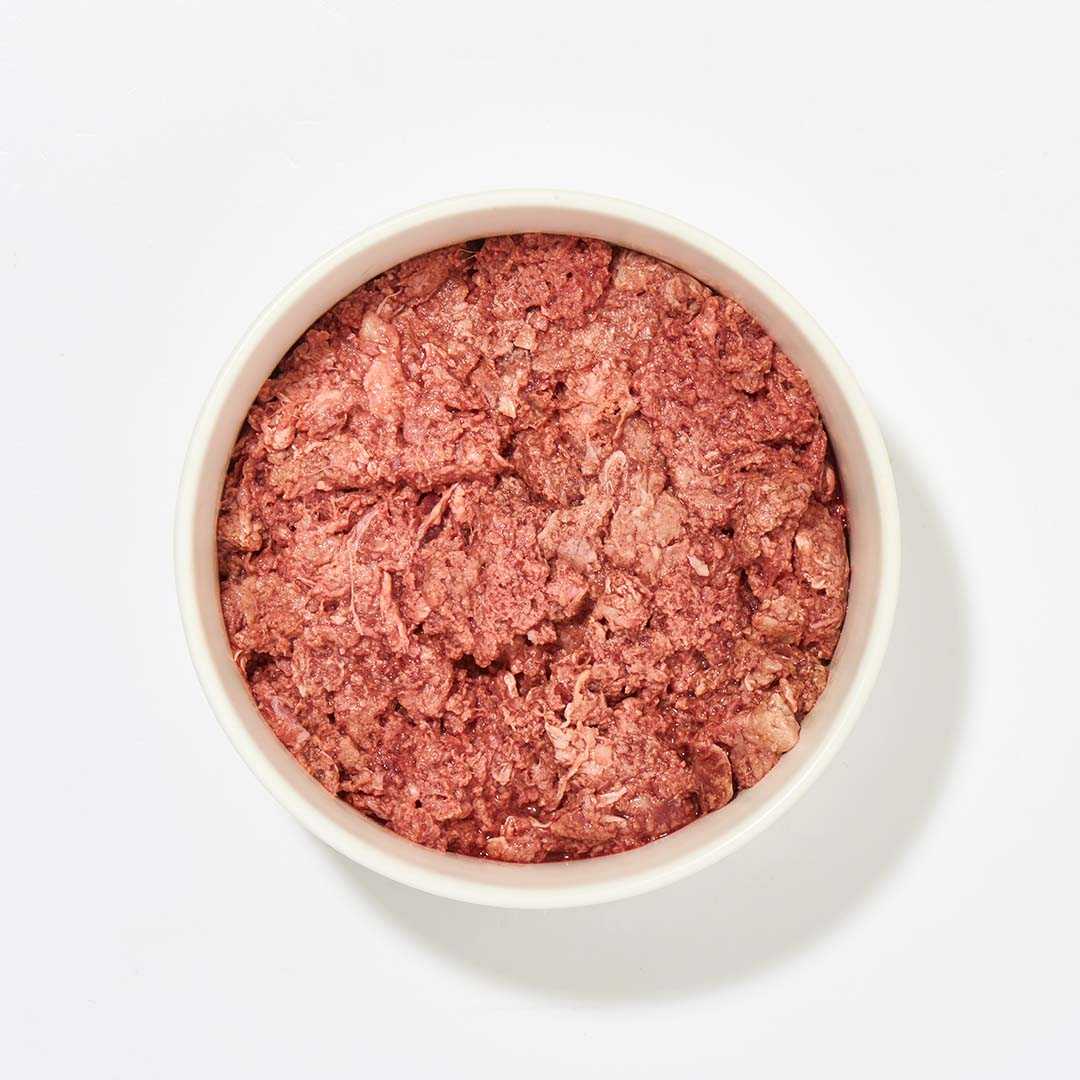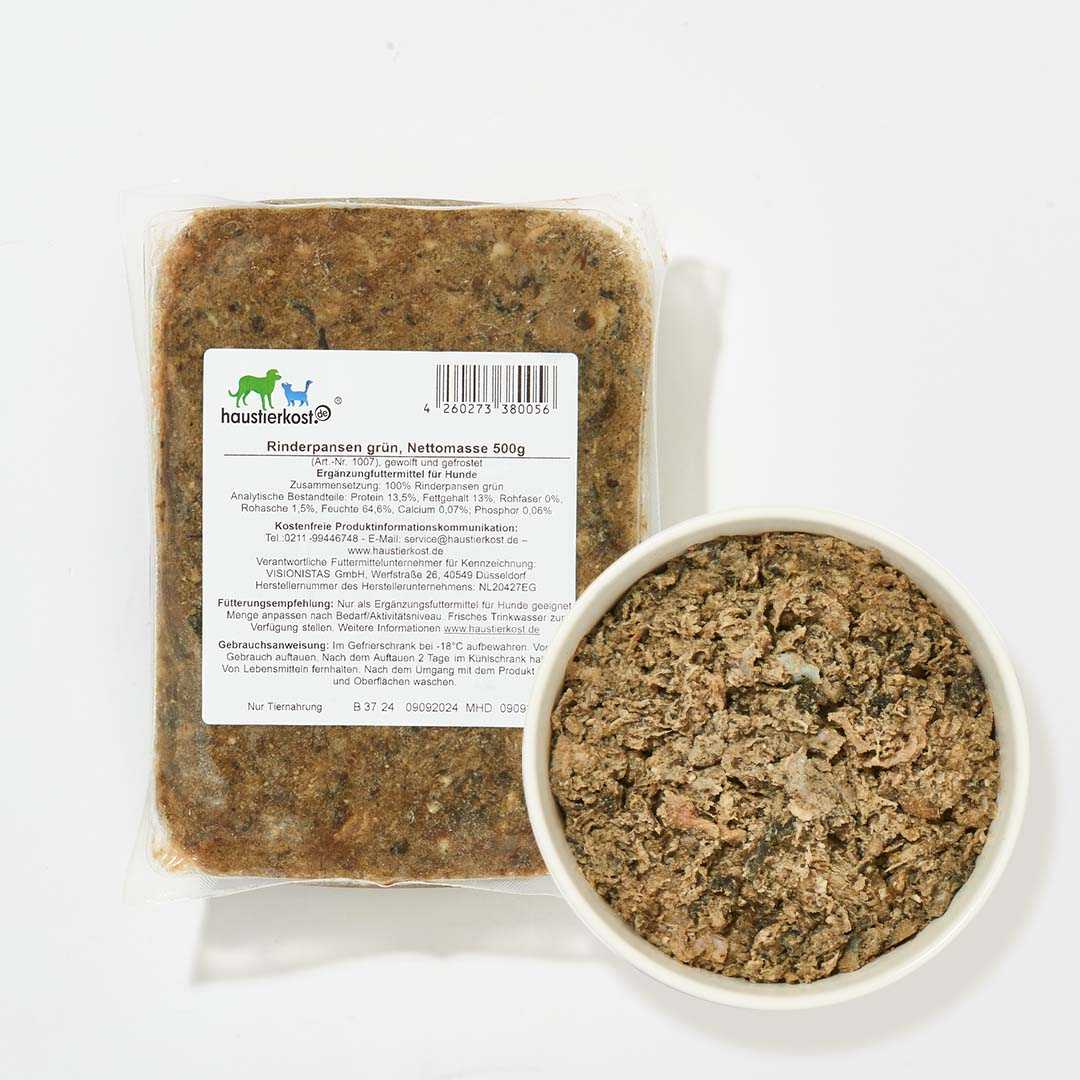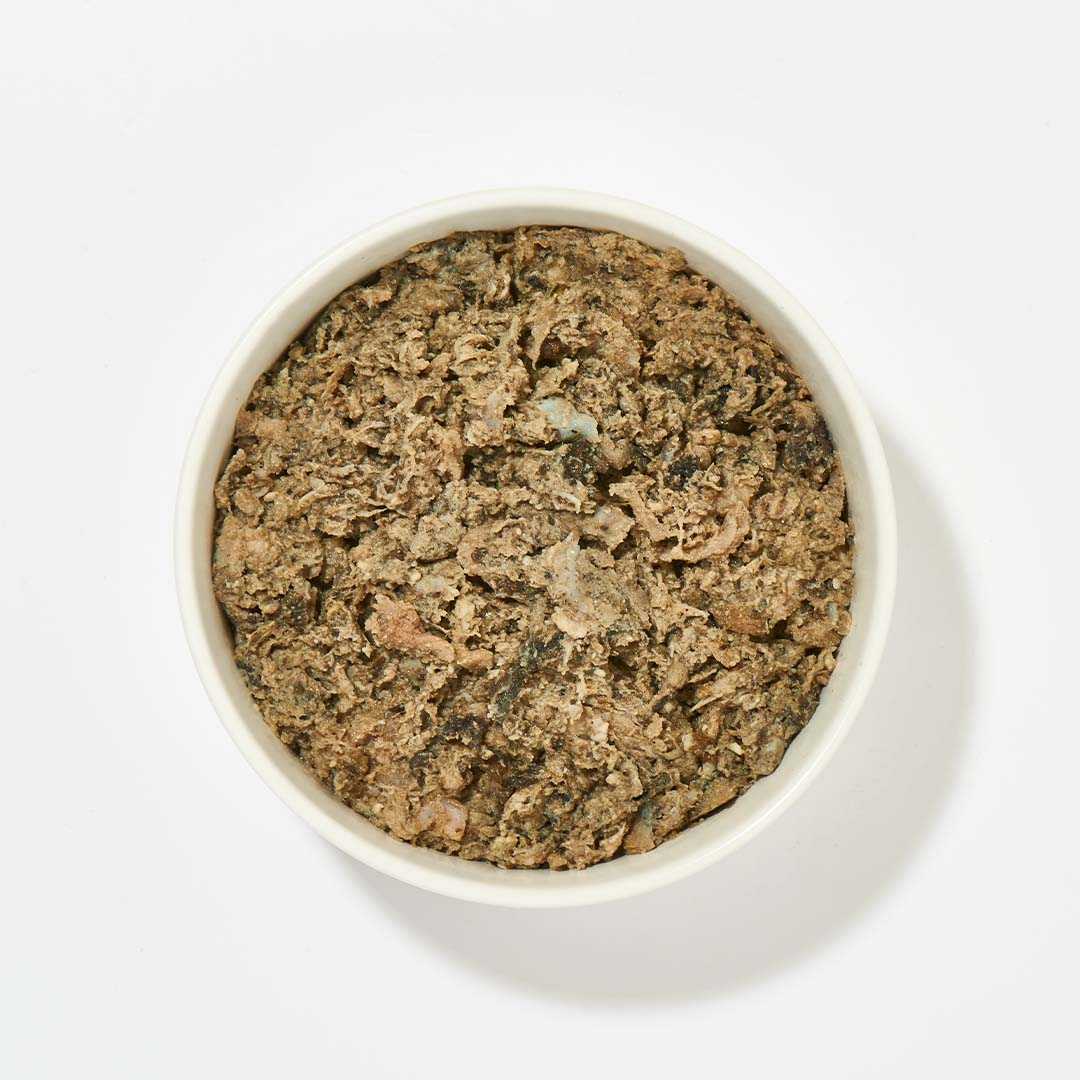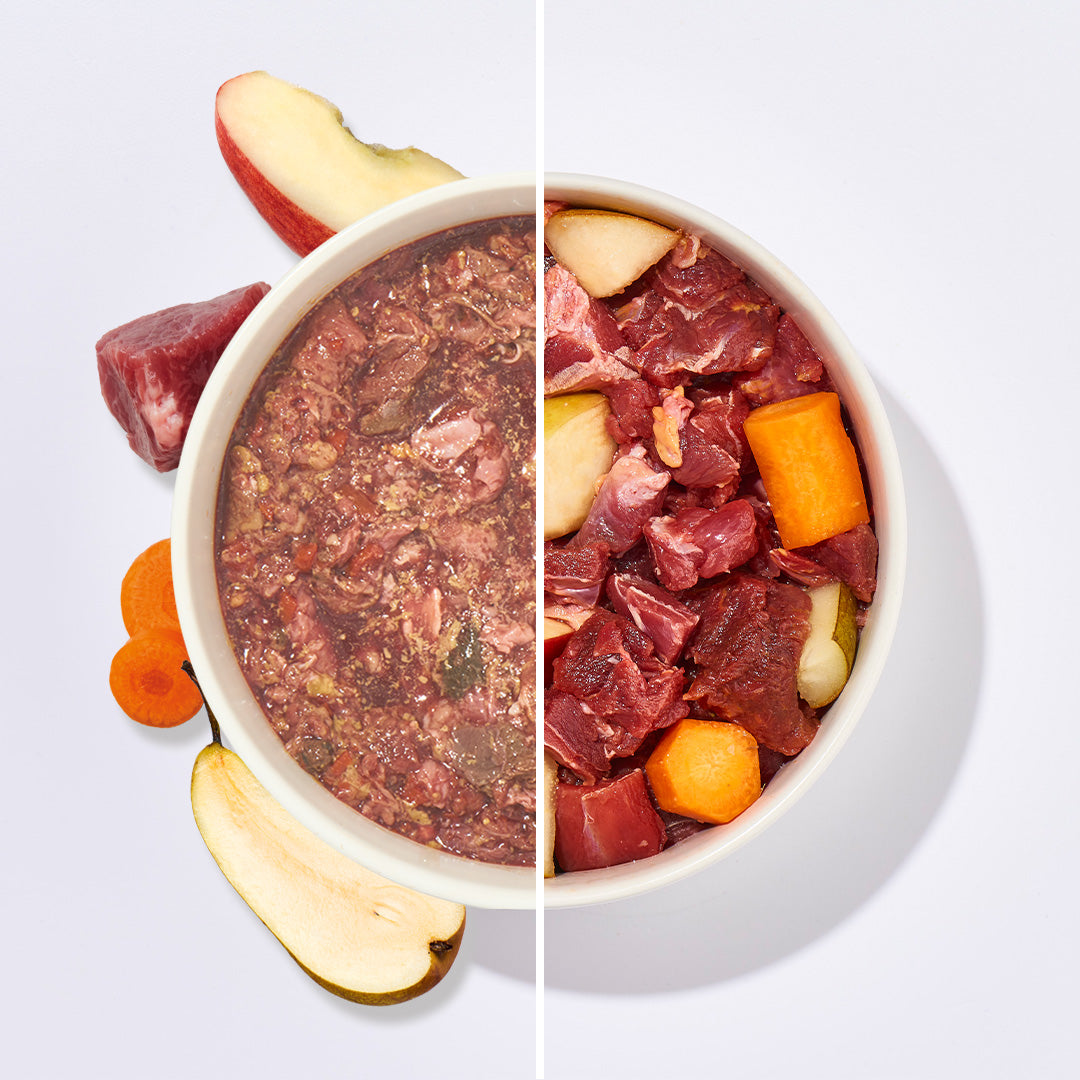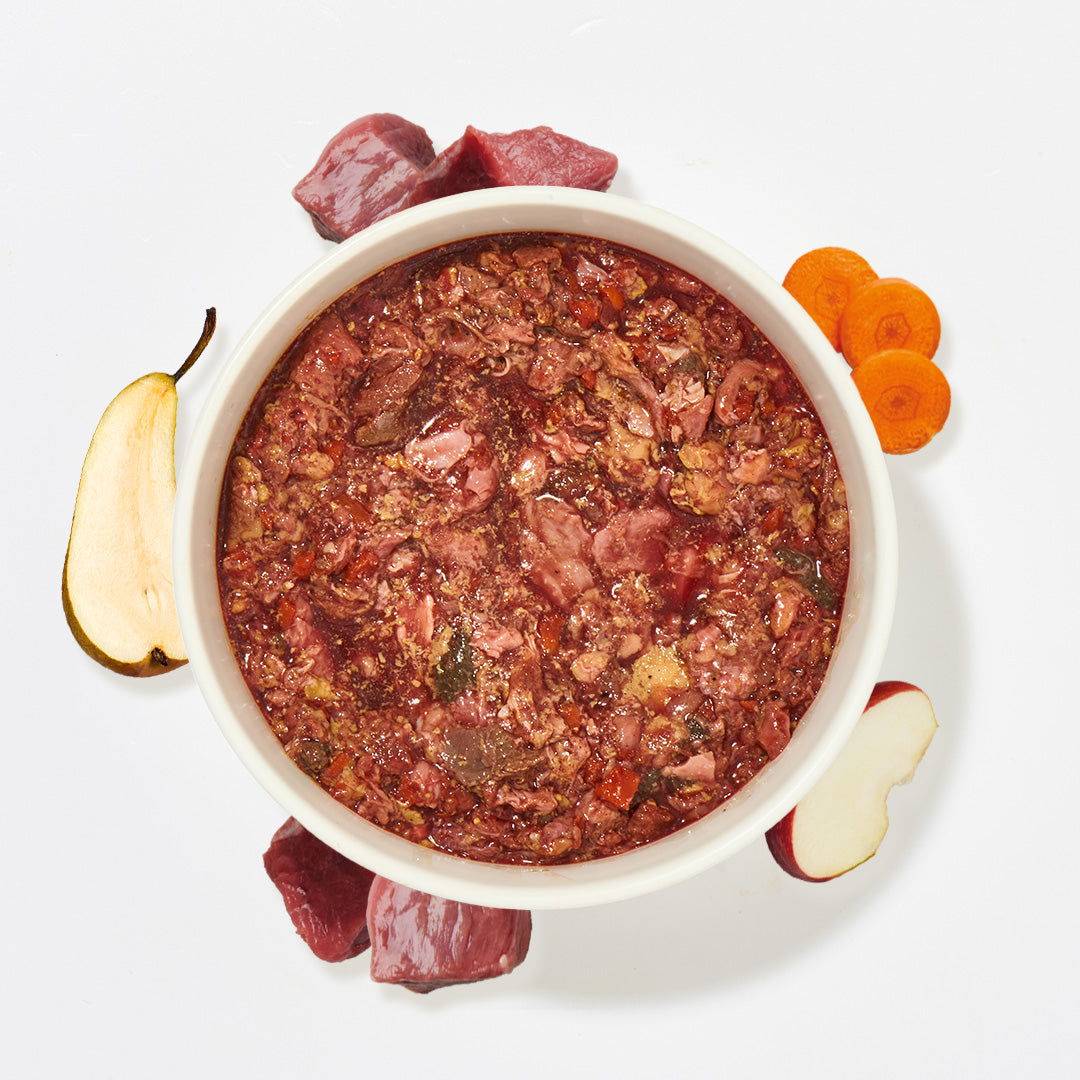Causes of biting and food aggression
Dogs bite for various reasons - for example, fear, pain or insecurity. If you understand why your dog is defending its food, for example, you can react to it in a targeted manner. You can find out how you can prevent biting behavior and what causes biting in our guide article.
Contents
- Everything about dog biting
- detection of warning signals
- Dog growls and snaps while eating
- Be patient – create a feeding atmosphere
Everything about dog biting
If you classify biting, then it is simply a reaction of the dog. His reaction to a situation. But where does this behavior pattern come from? Biting often results from insecure behavior. Dogs that feel threatened or have had negative experiences may react with a defensive bite. Similar to insecurity, stress and being overwhelmed can also be a cause. Has your dog bitten in an unfamiliar situation? The new situation may have simply overwhelmed him and caused a feeling of insecurity, which expressed itself in aggressive behavior.
Another possible cause could be health problems. Your dog is in pain and reacts irritably because touching is unpleasant. The last possible cause of biting behavior could also be dominance behavior . Your dog is showing dominance and trying to clarify his status.
detection of warning signals
Before a dog bites, it usually shows a series of body signals that you should pay attention to. Typical behaviors include a tense body posture and a fixed gaze with ears laid back. Your dog may have also growled beforehand, letting you know that the situation is too much for him. If you recognize these signs in your dog, try to defuse the situation early on so that a biting attack does not occur.
Of course, it is also important to take active steps against it. Consistent training with positive reinforcement helps to reduce undesirable behavior. When training, it is important to set clear boundaries so that your dog understands what you expect of him. Also try to avoid stress. If you notice that the biting is occurring more often or is getting worse, it is advisable to get professional help. This way, the causes can be investigated and a training plan can be drawn up.
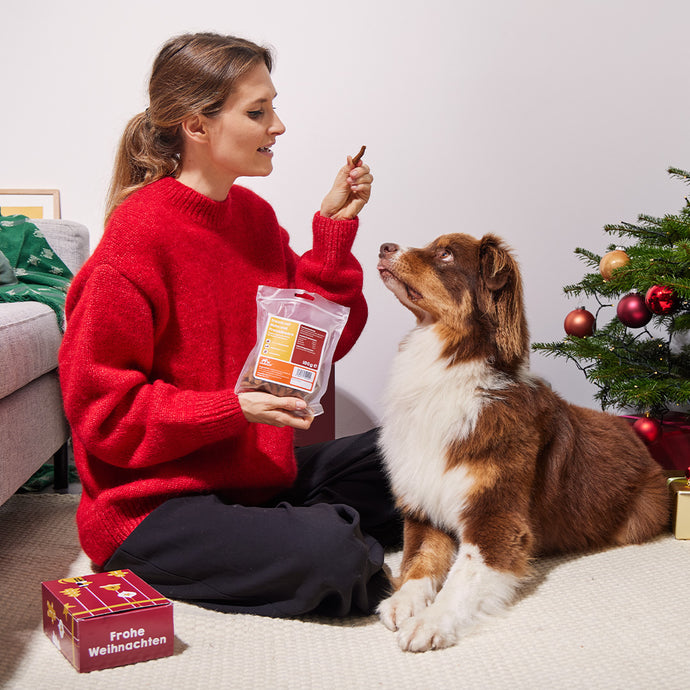
Dog growls and snaps while eating
If your dog defends its food, there is no need to worry, as it is a natural behavior. In the wild, food means security and of course you want to keep the prey. Defending yourfood is not a negative behavior, but a protective mechanism that goes back to its origins. Of course, it is important that your dog learns not to snap when eating. But how do I teach my dog this and reassure him that I will not take his food away?
With patience and calm training , you can help him to become more relaxed and show him that eating is something positive.
Be patient – create a feeding atmosphere
First of all, it is important that your dog feels safe in your presence while he is eating. Therefore, it is crucial that a pleasant atmosphere is created while eating. Bear in mind that your dog does not want to be disturbed while eating and initially keep a few meters away. If you then notice over a longer period of time that your dog is becoming calmer, you can gradually reduce the distance. But remember that it takes time and be patient. The more relaxed your dog feels around you, the easier the training will be.
It can also help if your dog associates your approach with something positive. Start by feeding him a smaller portion. Once he has eaten it, you can give him another portion. This way your dog learns that your presence is not bad, but on the contrary, it means more food.
It is especially important during the learning phase that you do not make any mistakes. Never take your dog's food away, as this will only increase his fear. Also remember that every dog learns at his own pace. Enjoy small steps forward and see the whole thing as a process. With the right approach, your dog will gradually learn that he can enjoy his food - without worry or defensive behavior.
